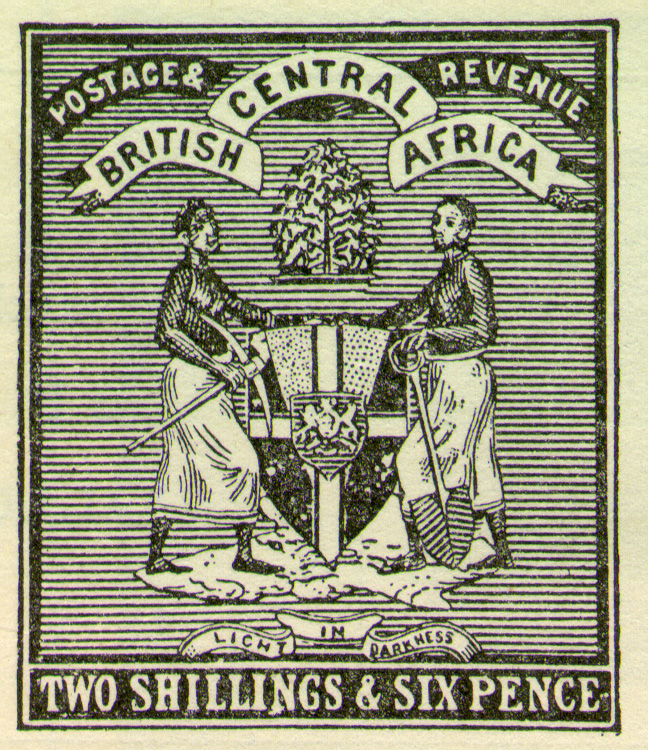|
Narrator's
Comments
|
Forum
Participants' Discussion
|
| Look,
there are a few seats at the front of the room! I see that a representative
of the sugar merchants is going to begin the discussion... |
|
|
|
Good
afternoon, gentlemen. My name is Mr. Willowby, and I am here to speak
before you on behalf of my fellow sugar importers. Did you know that
the price of sugar has been reduced by one
half over the course of this century?(5)
This is a direct result of the institution of slavery in our great Empire.
Without this institution, you would not have all of the "necessities"
that you enjoy each day, including sweetened coffee, tea, chocolate,
or tobacco. Slavery brings in approximately 18,000,000 Pounds per year.(6)
|
| He's
correct- slavery has changed the lives of most British citizens, influencing
their daily routines. This really seems indisputable. I wonder how an abolitionist
would respond... |
|
|
|
Excuse
me, Mr. Willowby, but I beg to differ! For the very few of you who might
not know me, I am Mr. Sutherland, and I am a bookkeeper for another local
sugar importer. You are certainly correct in saying that slavery helped
England become the economic power that she is, but that does not mean
that slavery is necessary to maintain that power. In 1775, the total value
you merchants spent on acquiring new slaves
was 474,053 Pounds (7),
and that was just to purchase them. That does not include the cost of
sending them to Barbados. Approximately 14% of the slaves die on that
voyage (8)- think about how much money
you could save by abolishing the trade and allowing the Africans in the
West Indies to work in a wage-labor economy. Admittedly, you would have
a new cost to pay the Africans, but you would save a large sum of money
at the same time. So, as you can see, you could still make a large profit
without the use of slave labor. As suggested by Adam
Smith, this would provide jobs for free men who need them.
|
| Mr.
Sutherland seems to have a rather controversial perspective. It would be
difficult to prove that the costs realized would outweigh the new costs
incurred... |
|
 |
|
Barbadian
Postal Stamp
|
|
That's
a very nice thought, Mr. Sutherland, but you ignore the fact that all of
our European neighbors also have slave economies. You're right, we could
still make a large profit, in theory, without slavery, but it would be inevitable
that prices would increase accordingly. Barbadian planters will not want
to take a decrease in profits, so they will raise their prices, and that
price will be passed on to our consumers here. Meanwhile, France and Spain
would continue to use slave economies and they would threaten England's
share of the world economy because they would have lower prices. Take Lord
Pitt's policy, for example, which allowed the French to encourage slave
uprisings in the West Indies (for
more on the West Indies, see Barbados) (9).
The unsettled labor situation there will also lead to higher costs for us.
The French have too much control already without us losing our dominant
market position. We simply cannot afford to abolish slavery. Also, if we
emancipate slavery as you would have us do, our plantation farmers will
want compensation for their loss of property. This burden will most likely
fall on the common citizen in the form of another heavy tax. |
| This fear of
taxation and the heavy involvement of wealthy leaders of Parliament within
the system of slavery encouraged Parliamentary debate for many years. Even
the young William Pitt's cabinet was divided over the issue. |
|
| |
Pardon
me, Mr.Willowby, but I must interject. I am Jeremy Bentham. I feel an obligation
to defend my fellow abolitionists and assert my admonishment of the barbaric
institution of slavery. "It is not to be disputed that sugar and coffee,
and other delicacies, which are the growth of those islands, add considerably
to the enjoyments of the people here in Europe; but taking all these circumstances
into consideration, if they are only to be obtained by keeping three hundred
thousand men in a state which they cannot be kept but by the terror of such
executions: are there any considerations of luxury or enjoyment that can
counterbalance such evils?" (71) I
do not believe, gentlemen, that the forced servitude and abuse of this portion
of our fellow mankind should be continued. "In the West India colonies,
a freeman...could enjoy the benefit, such as it was, of committing at pleasure
all manner of enormities, short of murder, on the bodies of all persons
in a state of slavery...In some places the substitution of a small fine
to all other punishment, the licence to add or substitute murder to every
other injury is completed." (72) I
abhor those that allow such atrocities to occur. The institution of slavery
must stop. |
| This
argument is becoming very tense. Mr. Bentham and Mr. Willowby have made
very compelling arguments in favor of abolition. In truth, I favor the abolition
of the trade and the emancipation of the slaves, but I fear that the average
Brit cares more about economic and political stability than Africans that
are 3000 miles away. This discussion is an excellent introduction to the
complex political issues surrounding the controversy. Perhaps we should
continue on to the room where we can see the political perspectives debated
more thoroughly. Let's go! |
|



